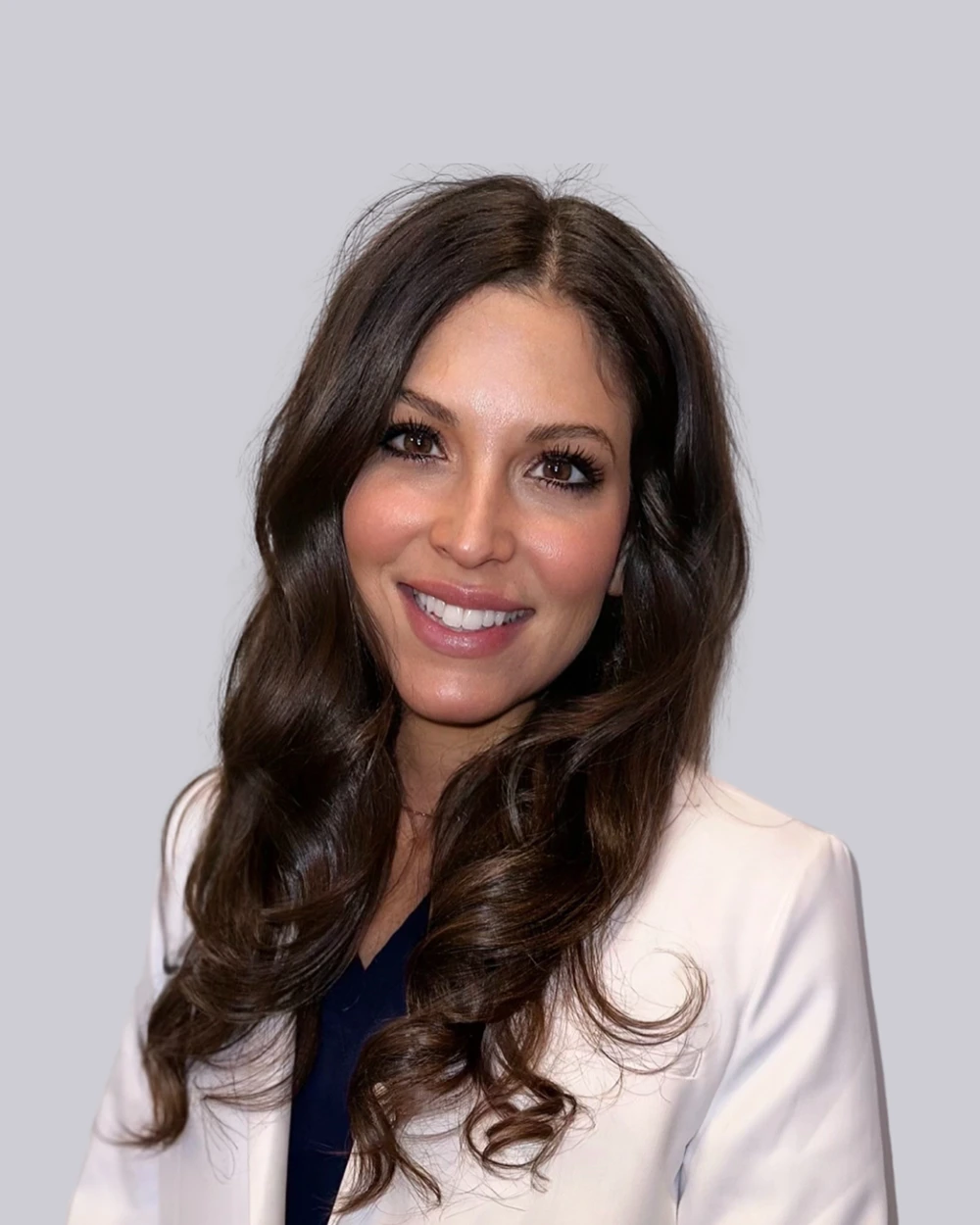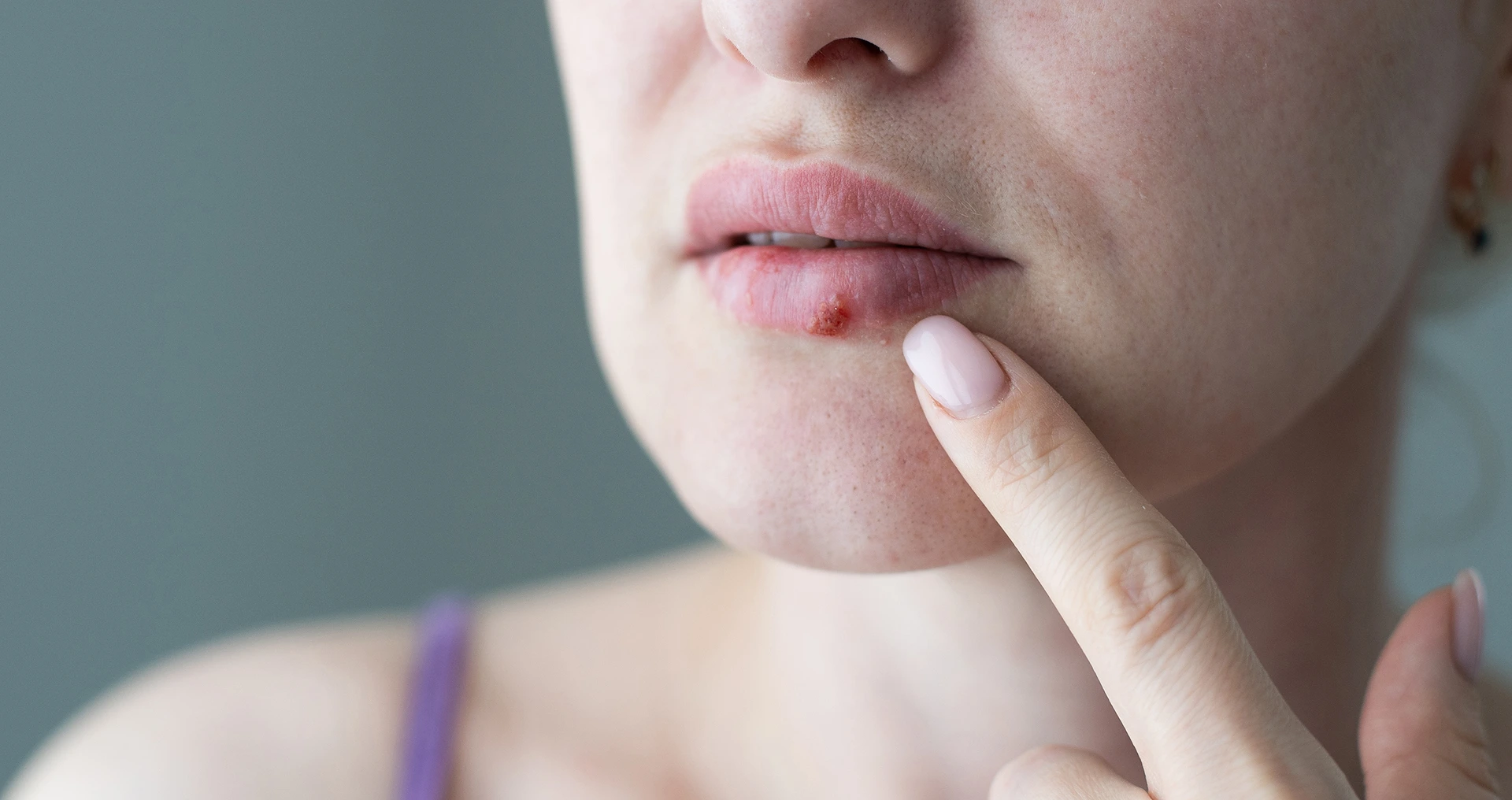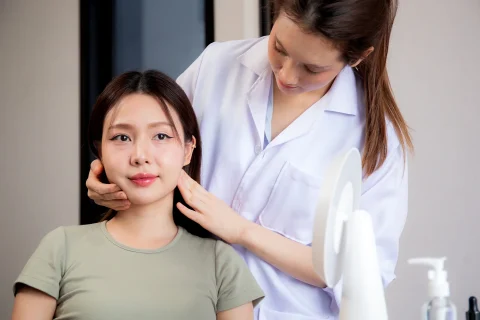Concerned about getting cold sores after lip fillers? Learn the risks, prevention tips, and treatment options if you develop a cold sore outbreak following dermal filler injections.
What Causes Cold Sores After Lip Fillers?

The herpes simplex virus (HSV-1 or HSV-2) causes cold sores, also known as fever blisters. If you already carry the dormant virus in your body, certain triggers like lip filler injections may reactivate it, leading to a cold sore outbreak.
The procedure itself doesn’t cause herpes, but the swelling, bruising, and minor trauma associated with dermal fillers can awaken the virus.
Several factors may increase your risk of getting cold sores after lip fillers:
- A history of recurrent cold sores
- Not taking antiviral medication before treatment
- Choosing an inexperienced or unqualified injector
- Poor aftercare practices following the procedure
Symptoms of Cold Sores After Lip Fillers
Cold sores typically develop within a few days of getting lip fillers. The first sign is often a tingling, itching, or burning sensation around the injection site. This may be followed by:
- Redness and swelling on or around the lips
- Painful, fluid-filled blisters that burst and crust over
- Tenderness and soreness in the affected area
Cold sores usually heal on their own within 2 weeks. However, they can be uncomfortable and impact the appearance of your lip filler results in the meantime.
How to Prevent Cold Sores When Getting Lip Fillers
While it’s not always possible to avoid a cold sore outbreak, taking precautions before and after your lip filler appointment can minimize your risk:
- Disclose your cold sore history to your doctor. They may prescribe antiviral medication to take before and after the procedure.
- Avoid scheduling lip fillers when you feel a cold sore coming on. Wait until any active sores have completely healed.
- Choose a reputable, experienced injector who follows proper safety protocols. This reduces the chances of infection and complications.
- Follow all aftercare instructions closely. Keep the injection site clean, avoid touching your lips, and report any concerning symptoms to your doctor right away.
Treating Cold Sores After Lip Fillers

If you do develop a cold sore after getting lip fillers, prompt treatment can ease discomfort and speed up healing. Your doctor may recommend:
- Applying an over-the-counter cold sore cream or ointment like Abreva or Zovirax
- Taking oral antiviral medication to shorten the duration of the outbreak
- Using cold compresses to soothe pain and inflammation
- Keeping the area clean and moisturized with petroleum jelly
- Avoiding picking at or popping blisters, which can cause infection
With proper care, cold sores usually resolve without long-term complications. However, see your doctor if sores are severe, spreading, or not improving after a week.
Frequently Asked Questions About Cold Sores and Lip Fillers
Can you get lip fillers if you get cold sores?
Yes, but it’s important to disclose your history to your doctor. They may prescribe antiviral medication to reduce the risk of an outbreak. Wait until any active sores have fully healed before getting fillers.
How soon after lip fillers can you get a cold sore?
Cold sores can develop within a few days of getting lip fillers, especially if you have a history of frequent outbreaks. Symptoms usually appear 2-10 days after the procedure.
Do lip fillers trigger cold sores in everyone?
No, lip fillers do not cause cold sores in people who don’t already carry the herpes simplex virus. If you’ve never had a cold sore before, you’re unlikely to suddenly get one after fillers. However, the injections can reactivate dormant herpes virus in some people.
Can you use cold sore medication after lip fillers?
Yes, oral and topical cold sore treatments are generally safe to use after getting lip fillers. However, always check with your doctor first. Some products may interact with other medications or irritate the injection site.
Will a cold sore ruin my lip filler results?
A: A cold sore can temporarily affect the appearance of your lips after fillers. Swelling, redness, and blisters may obscure the full effects. However, once the sore heals, your lips should return to looking plump, smooth and rejuvenated. Cold sores don’t typically impact the long-term results of fillers.
How can I avoid getting cold sores after lip fillers?
Taking an antiviral medication before and after the procedure can significantly lower your chances of an outbreak. Choosing an experienced injector and following proper aftercare practices also helps prevent cold sores and other complications.
What should I do if I get a cold sore after lip fillers?
A: Let your doctor know right away if you develop a cold sore after getting lip fillers. They can recommend the best treatment options, such as antiviral creams or oral medications. Avoid picking at or popping blisters, keep the area clean, and apply cold compresses to reduce discomfort.
Can I get lip fillers if I have an active cold sore?
No, you should wait until any cold sores have completely healed before getting lip fillers. Injecting into an area with an active herpes infection significantly increases the risk of complications. Reschedule your appointment for after the sore has scabbed over and new skin has formed.
How long do cold sores last after getting lip fillers?
Cold sores typically last 7-14 days, whether triggered by lip fillers or other factors. Most sores scab over within a few days and are no longer contagious once fully crusted. However, it can take up to 2 weeks for the skin to completely heal.
Are cold sores more likely with certain types of lip fillers?

Any lip filler has the potential to trigger a cold sore if you carry the herpes simplex virus. Hyaluronic acid fillers like Juvederm and Restylane are the most common types used. The brand or material of filler doesn’t necessarily change the risk. Injection technique, your medical history, and aftercare practices tend to be more important factors.
In conclusion, while lip fillers don’t cause cold sores directly, they can potentially trigger an outbreak in people with a history of herpes simplex virus. Taking preventive measures like using antiviral medication, choosing a qualified provider, and following aftercare instructions closely can significantly reduce your risk.
If you do develop a cold sore after getting lip fillers, prompt treatment can minimize discomfort and help you achieve optimal cosmetic results. Talk to your doctor about the best approach for your unique needs and concerns.










